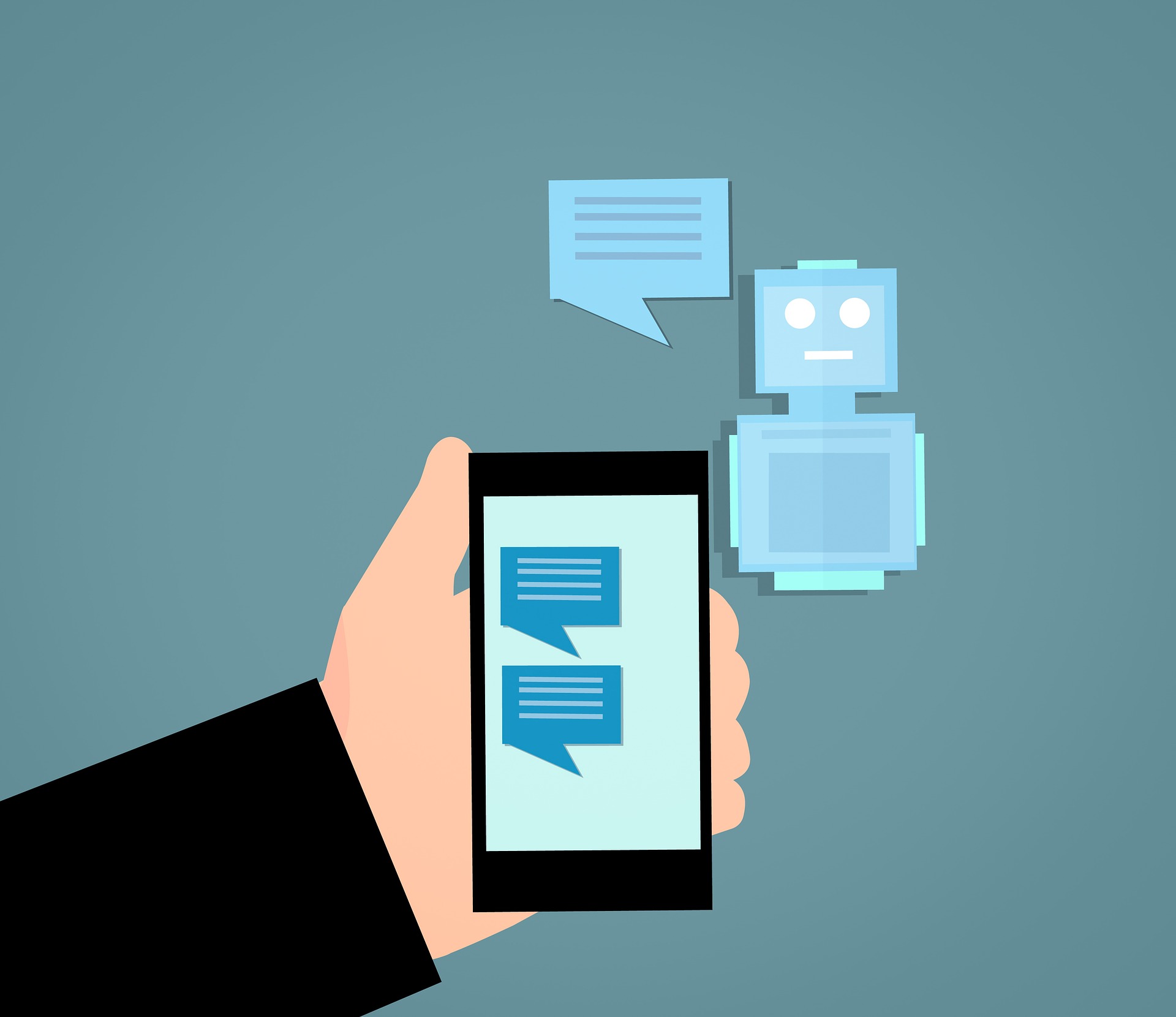
Clyde Dwyer ‘25 (DCI Fellow)
Artificial intelligence (A.I.) chatbots have taken the world by storm in recent months. It started with ChatGPT, a chatbot from the OpenAI GPT-3 engine, and has since generated a flurry of attention and concern about the growing role this technology will play in our lives. In one sense, we are nearing an exciting new frontier of knowledge and information accessibility, with chatbots capable of recounting historical events, solving complex equations, or giving you relationship advice. In another sense, the future of human interaction as we know it is at stake.
How does this connect to deliberation?
Conversation, collaboration, and deliberation are essential components of our lives. Especially in a college environment, information, and knowledge are diffused between students and professors of all different backgrounds and disciplines. Through my daily conversations and interactions, I learn about things that would have otherwise never crossed my mind. Like the science behind music, from my roommate, who is a Physics major and plays guitar. Or listening to my non-white peers talk about their experience attending a predominantly white institution, something that I’ll never experience as a white person.
There are clear benefits to opening yourself up to new perspectives and worldviews. This is true in conversations with friends and deliberations, where conflicting viewpoints and arguments occur. These benefits cannot be realized through the use of chatbots.
Of course, chatbots will never replace conversation and deliberation–– but it is very plausible that chatbots can begin to chip away at vital human exchanges of knowledge. For example, why study with a friend who is more proficient in economics than you if ChatGPT has all the answers? Similarly, why attend a book club to hear people’s thoughts on Harry Potter when ChatGPT can instantly analyze all the book’s themes? Why go to office hours with an esteemed, knowledgeable professor when you can spend time with all-knowing ChatGPT? One may balk at the possibility of these scenarios, but as chatbots become more intelligent and accessible, they are not outside the realm of possibility.
When I asked ChatGPT about the role of A.I. in the future of deliberative citizenship, it told me that chatbots could be harnessed for “increasing accessibility, facilitation of dialogue, and expansion of civic education.” ChatGPT may have some utility in deliberative citizenship. During D-Teams or deliberative forums, participants may be confused about technical aspects of specific topics–– an area where a knowledgeable chatbot can be handy. However, deliberation and communication with other humans are essential to promoting deliberative citizenship.
Chatbots cannot provide the emotional element that underpins logical reasoning and can never fully encompass the variety of human experiences. Take a chatbot and a person arguing for the same thing: Davidson should build more affordable housing. If you oppose this claim, the chatbot’s arguments will do little to sway you. However, if you learn that the person making the same point is a single mother who was evicted from her apartment due to increasing rents, this will certainly shift how you understand the situation.
Deliberative citizenship as a means and as an end will need to adapt in the face of emergent technologies. These technologies may threaten certain elements of human interaction and knowledge exchange; however, for deliberative citizenship, they can be harnessed for positive means and will not stand in the way of deliberation. Deliberation is a fundamentally human process–– one which engages both reason and emotion in tandem. Even in a changing world, deliberation is crucial to the future.
Image by Mohamed Hassan from Pixabay


